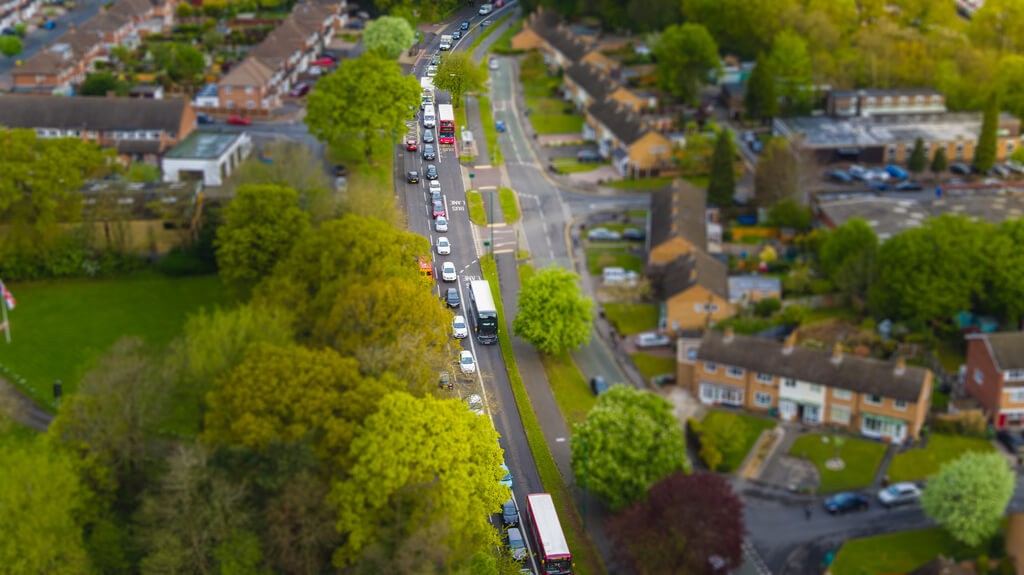Jon Hayes, Head of Network Delivery at Transport for West Midlands, gives Angela Youngman an insight into the creation and operation of the West Midlands Bus Alliance
The West Midlands conurbation is one of the most densely inhabited within the UK, covering major centres such as Birmingham, Wolverhampton, Coventry, West Bromwich and Walsall.
Maintaining an effective public transport network across such a wide area has resulted in the creation of a partnership that has attracted attention worldwide – and has won considerable acclaim including two UK Coach & Bus Awards. The most recent was a Silver Award for Making Buses a Better Choice. 
Bus services have always been important within the West Midlands, forming the backbone of the integrated transport system. Four in every five journeys by public transport within the region are undertaken by bus, and the mode accounts for 260 million trips per year. […]
By subscribing you will benefit from:
- Operator & Supplier Profiles
- Face-to-Face Interviews
- Lastest News
- Test Drives and Reviews
- Legal Updates
- Route Focus
- Industry Insider Opinions
- Passenger Perspective
- Vehicle Launches
- and much more!


